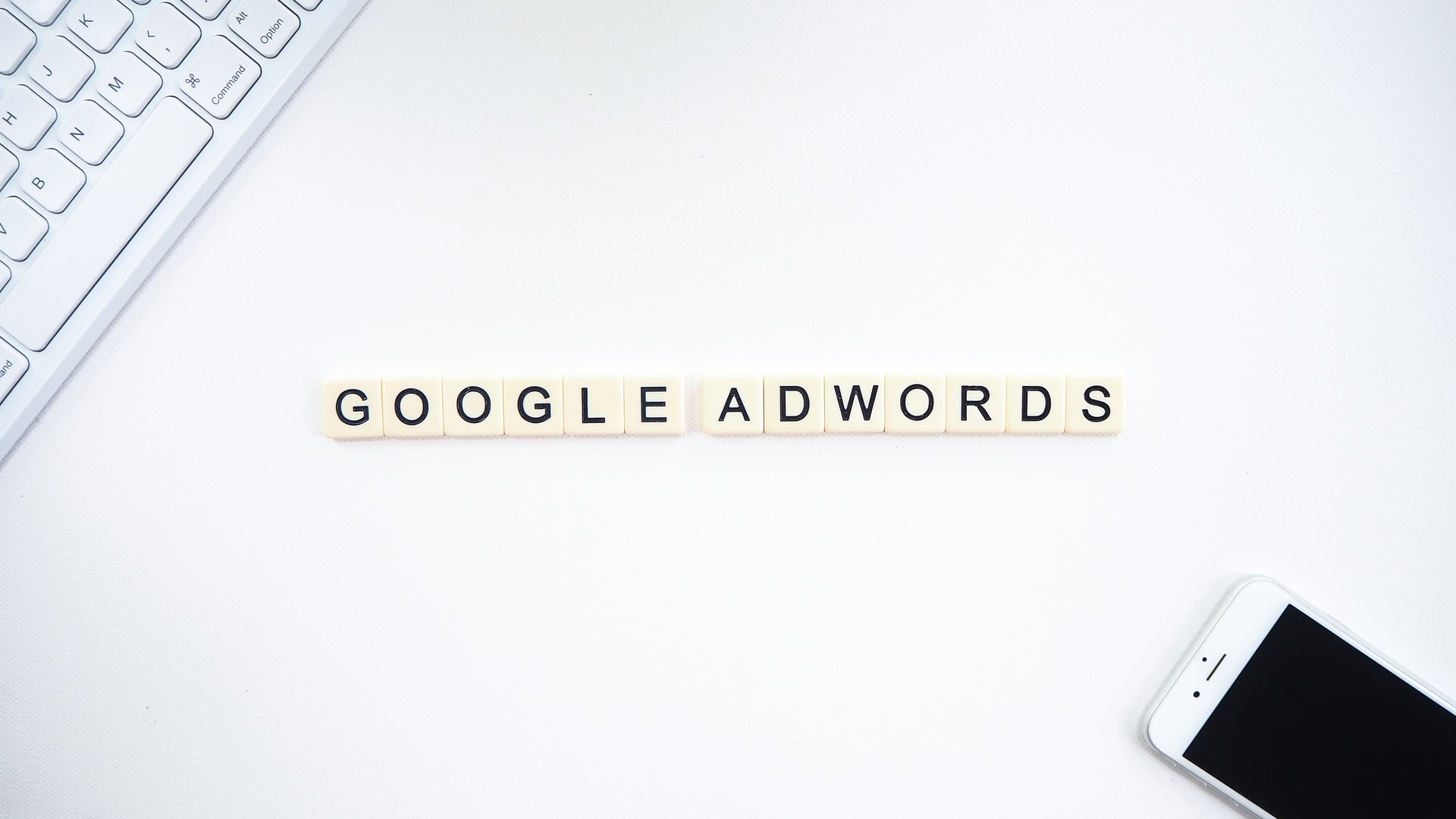If you’re looking to promote your business then you practically need to invest in Google Ads. They’re the single quickest and most efficient way to reach a target audience, allowing marketers to tap into 90% of global internet users according to data from Digital Marketer.
You need to reach specific audiences if you want your ads to succeed, and while organic search engine optimization is all well and good, it takes time to pay dividends and Google Ads convert much better than organic search results. Perhaps it’s no surprise that Google reported advertising revenue of more than $116 billion in 2019 alone.
What is a Google Ads Quality Score?
Your Google Ads score is one of the most important metrics that your digital marketing team has access to. You can think of it as being like the grade that you’ve earned for your advertisements, and it increases based upon a number of different factors including the relevance of your ads and the actions that people take after viewing them.
Maintaining a high Google Ads Quality Score isn’t just best practice. It can also save you a chunk of money, because Google puts user experience over and above everything. If their users have a poor experience with an advertisement, they might switch over to another search engine. Google will even surface an ad that makes them less money if it has a higher quality score.
Your ads Quality Score, then, is basically the best marker that you have for the health of your overall ad campaign. If you work on improving your Quality Score, your ads will automatically start to deliver an improved ROI.
You’ll need to know more than just what a Quality Score is. You also require an understanding of Google Ads itself. Get all the information you need in Your Google Ads Guide: What It Is and What You Need to Know.

What affects your Quality Score?
Your quality score is affected by a range of factors, and some more important than others. Think of it as like how Google’s organic search works. There are 200+ ranking factors that determine the order of organic search results, and you could go insane if you tried to focus on all of them. Instead, we generally focus on the most important factors, such as the number of high quality inbound links and the creation of high quality content.
In the same way, there are really only three factors that you need to worry about:
- Expected CTR: It’s in Google’s best interests to serve up advertisements that they expect to have a high click-through rate (CTR) because that will maximize the amount of money that they make.
- Ad relevance: If an ad isn’t relevant, they’re not going to show it. You can optimize for relevance by making sure that your landing pages reflect your ad copy and that you’re targeting a tightly defined audience.
- Landing page experience: If people click on an ad and navigate back to Google because they don’t like your landing page, Google will know. Because they’re so dedicated to user experience, they’d rather people click an ad and don’t come back because it means they found what they wanted. Make sure that your landing pages are up to the challenge.

1. Improving CTR
Now that we know which factors are the most important, let’s take a look at how to address them. Improving your click-through rate is paramount if you’re refining your online marketing strategies and looking to get more out of your existing assets. Here are just a few factors to consider when improving your CTR.
Keywords
You’ve probably already identified the main keywords that your business needs to target while putting together your digital marketing strategy. Still, you’ll want to revisit these keywords to make sure that they’re still relevant, and you’ll also want to consider the intent behind those keywords and to ensure that your ad copy reflects that.
For example, if someone searches for “buy shoes” then your choice of language and landing page can be more salesy than if they search for “Nike sneaker comparison”. And if they’re searching for Nike, your ads better not talk about Adidas.
Research
Here, we’re talking about both audience research and competitor research. Skipping this step can lead to you making rookie mistakes or paying through the nose to bid on competitive keywords that have no real value to your business. Audience research will tell you what people are looking for, while competitor research shows you what your business rivals are doing and can help you to identify advertising opportunities.
Echoing
By echoing the language that your audience uses, you can increase the chances of your target audience responding well to your message. They’ll know that your ad is worth clicking because you’re talking in the same way that they do.

2. Improving relevance of your ad
The key to improving the relevance of your advertisements is to make them more specific. If you’re a bookshop, for example, then it makes more sense to run advertisements targeting science fiction readers than it is to run a blanket ad targeting everyone. Factors to think about here include:
Niches
By identifying niches and creating ads and landing pages to target them, you can start to develop super-relevant and super-specific ad campaigns that target smaller audiences. Sure, you won’t be able to bring as many people through to your website, but those that you do will be much more likely to stick around and to take whichever action you’re pushing them to take.
Match the keyword to the message
We’ve touched on this already, but the general idea is that if you’re running an advertising campaign, you need to make messaging consistent throughout. Start with the keywords that you’re targeting, then use those keywords in your ad copy and on your landing page. These will send signals to both Google and its users that the relevance is there.
Focus on the best keywords
Don’t make the mistake of trying to target every single keyword that your team has identified. Instead, narrow it down and focus on using only the most relevant keywords. This targeted approach is all about hitting your target audience with a laser-focused approach instead of wasting your time trying to hit everyone with a scattergun approach.

3. Improving landing page experience
Optimizing your landing page experience can be one of the more difficult tasks to accomplish, especially if you don’t have in-house developers. That’s why it can be a good idea to work with a freelancer or a Google AdWords agency to get the job done.
We talk some more about how to find the best people to work with in our blog here: How to Choose the Right Digital Marketing Agency.
The good news is that if you have in-house web development and graphic design professionals, you’ll be able to make a few tweaks and changes to at the very least get yourself started. You can also ask yourself the following questions and use the answers to inform your strategy:
- Are the keywords that I’m targeting reflected in the copy, visuals, layout and overall function of the page itself?
- Does the ad match what you’ve written in your ad copy?
- Will the user reach a page that displays exactly what they were expecting based on the ad?
- Have I clearly signposted what action I expect them to take?
- How is this page adding value for people who arrive on it after clicking a link?
This process is all about establishing a smooth user experience so that when customers come through to your website, there are no obstacles in the way of them making a purchase. At the same time, getting the user experience on your website just right will also stop people from bouncing away from your site and back to Google, negatively affecting your quality score.

4. Creating strong ad groups
This final stage is the secret to creating high performing Google Ads campaigns and receiving a high quality score. As much as it’s important to get individual advertisements and landing pages just right, you won’t start to see results at any large scale until you band related ads together into larger ad groups.
The key to doing this properly is to group your keywords together in similar categories. For example, a clothing store might run ads grouped together based on the brands they stock or on different product types such as a group for t-shirts and another for vests.
Remember that you know your company and its products and services more than anyone else, so even if you do choose to work with an agency, you should work closely with them to make sure that you’re sharing expertise. They can create a killer landing page, but you’ll need to provide some input if you want to create the strongest ad groups possible.
A few questions to think about when creating your ad groups include:
- Can I use seasonal ads? (i.e. for Christmas/Valentine’s Day/etc.)
- Can I group similar products, services or categories together?
- Which ads are using similar keywords and are they already related?
- What do customers usually search for and what do they shop for together? (i.e. if you’re a sports store, you may want to group all entry-level skiing equipment together)
- What are my competitors doing and how could I improve on that?
Remember that ad groups aren’t set in stone, so you can spend some time creating and testing ad groups and use that to inform what you do next. If a certain ad group is underperforming, scrap it, change it or further segment it. If one is over-performing, learn from it and apply what you learn to your other campaigns.

Want to perfect your paid ads?
There are lot of paid advertising strategies you can use, and it can be hard to choose the right one. But don’t worry! We’ll help you invest your ad spend wisely with our guide – Paid Advertising 101: How to Grow Your Business With the Right Ads.
Carrying out appropriate research and improving your Google Ads Quality Score over time will help you to make more informed decisions and to use the data that you gather to effectively market your brand.
Need some help with search advertising? The team at Growth Marketing Genie can help you to save time and money by carrying out the research on your behalf and setting up your Google Ads network with our team of data scientists, marketing strategists and user experience gurus. We look forward to working with you!
Reach out to our team of growth marketing experts to schedule a call with a Google Ads expert.
Book in a Free Consultation
